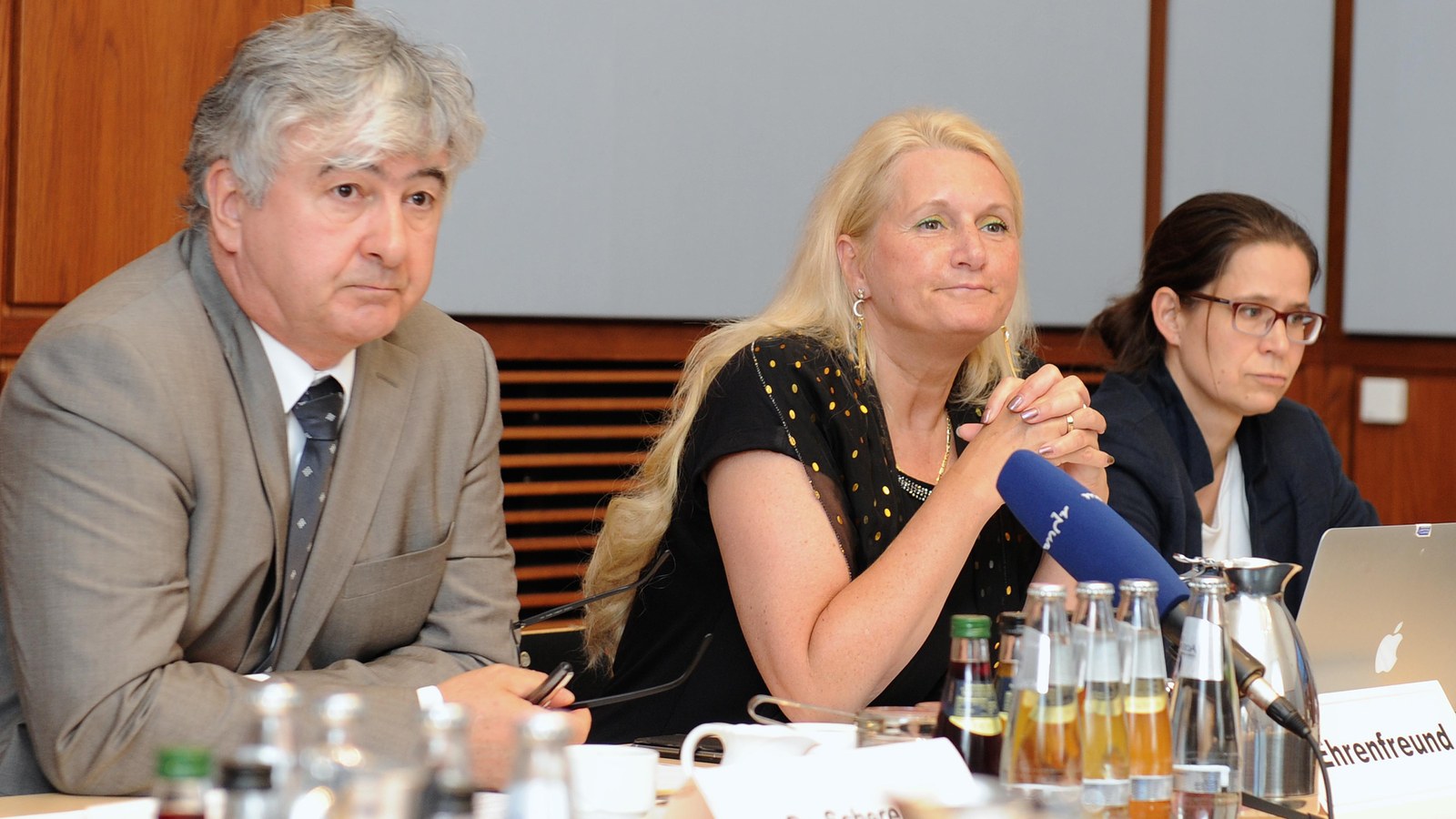DLR and the German Federal Ministry for Economic Affairs and Energy present their new strategy

- DLR will implement the strategy to address current societal and economic policy challenges
- The strategy aims to strengthen DLR's core competencies and to improve the targeted exploitation of internal strategies
On 24 July 2017, the German Aerospace Center (Deutsches Zentrum für Luft- und Raumfahrt; DLR) and the German Federal Ministry for Economic Affairs and Energy (BMWi) presented the new DLR strategy at the Ministry for Economic Affairs and Energy.
State Secretary Matthias Machnig took the opportunity to state: "DLR will implement this strategy to address current societal and economic policy challenges, as well as to adapt to the future in the area of digitisation in particular. DLR provides high-performance research infrastructure, competency and experience, from which the economic and industrial sectors can only benefit. In an institutional sense as well, DLR is emerging stronger due to its seven new institutes in six federal states. The federal government will provide 42 million euro each year for this purpose."
"Smart connectivity between the research areas of aeronautics, space, energy, transport, security and digitalisation will allow us to generate a tangible added value for society, the economy and the scientific community," stated Pascale Ehrenfreund, Chair of the DLR Executive Board confidently. "With the new strategy, DLR will deploy its strengths and hence noticeably expand technology transfer into business, thus acting as a driver of innovation."
The new strategy aims to strengthen the core competencies at DLR and to improve the targeted exploitation of internal synergies, bolstering DLR's outstanding position in research for the benefit of society and the economy as a whole. The ambition is clearly reflected in the strategic research objectives, the new cross-sectoral area of digitalisation, seven new DLR institutes and in 10 new cross-sectoral projects on issues such as future fuels, digitalised production, broadband rollout of fast Internet and cyber security, to name just a few.
The sites in Augsburg, Dresden and the two institutes in Hamburg will be tasked with advancing the digitalisation of aeronautics research ('virtual aircraft'). Scientists in Oldenburg will research ways to manage the energy transition. The future institute in Bremerhaven will address solutions for the protection of critical maritime infrastructures (ports, trade routes, seagoing vessels and offshore wind turbines). The institute in Jena will investigate issues relating to Big & Smart Data.
A summary (in German) of the new DLR strategy can be found here

